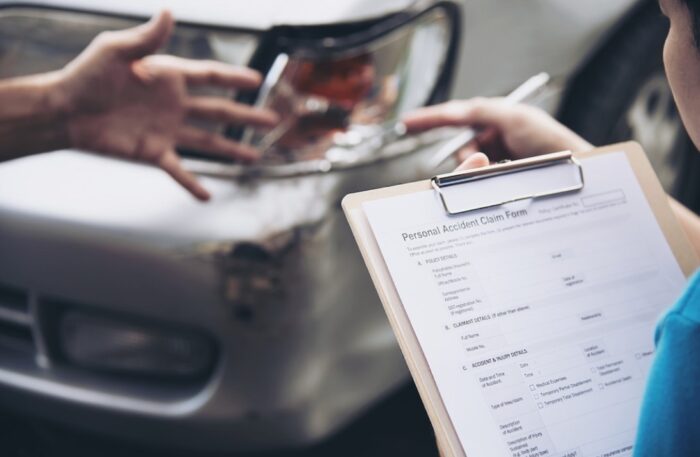Being off work with an injury can be stressful in more ways than one. While dealing with the pain can be overwhelming, you may also worry about your ability to earn money to support your family. The more time off work you take, the more strained your financial situation might be. However, you may be pleased to know that help can be available when you need it the most. You may be able to seek support in the following places:
A Personal Injury Lawyer
After being involved in an accident or incident that requires you to take time off work, it can often be worth contacting a personal injury lawyer specializing in your injury type. For example, if you slipped and fell at work or in public, you might contact a lawyer with experience in slips and falls.
Lawyers can help you navigate the legal system and negotiate with insurance companies on your behalf. You can also rely on lawyers to support you if a workers’ compensation claim insurance company has denied your claim.
Workers’ Compensation
If you’ve been injured in the workplace, you may be eligible for workers’ compensation coverage under the Workers’ Compensation Program. This program covers occupational diseases and employment-related injuries. You may receive wage replacement, medical care payments, and medical and vocational rehabilitation assistance. When you cannot work and receive a paycheck, obtaining this support can sometimes be a weight off your mind. You can then focus on your recovery.
Medical Care Programs
Healthcare is expensive. You may struggle to cover your injury-related medical bills when you're injured and not earning an income. In that case, you may like to explore federal and state programs like Medicaid.
Medicaid and the Children’s Health Insurance Program provide nearly 78 million Americans with healthcare coverage. While not everyone is eligible for this financial help, you may be if you meet these criteria:
- You’re a resident of the state you’re applying in
- You’re a US citizen or lawful permanent resident
- Your financial situation is classed as low-income or very low-income
If you meet these criteria or believe you do, you can apply through your state’s Medicaid agency. Receiving financial assistance for medical care may ease your burden significantly.
Grants
You might have easily been able to cover unexpected bills or costs, but that can sometimes change when you’ve been injured and are on a reduced income. Depending on what you need to pay for, you may benefit from grants provided by various businesses and charities.
For example, if an accident left you disabled, you may benefit from grants for home repairs. If you’re struggling with your bills, like rent, many charities and churches can provide support and assistance if required.
Community Support
Depending on your injury's circumstances, your local community may provide the wraparound support you need. It’s not uncommon for tight-knit communities to get together and fundraise for people experiencing hardship due to an accident or tragedy. Community support isn’t guaranteed, nor should it be expected. However, it may be offered at just the right time.
Government Disability Programs
The government doesn’t want people living with injuries to be unable to meet their financial needs. In many situations, you can access government disability insurance programs for help. These include the Social Security Disability Insurance and Supplemental Security Income programs. However, you must meet specific eligibility requirements, such as working in jobs covered by Social Security and having a medical condition covered by the definition of disability.
Employer Benefits
Alongside workers’ compensation, your employer may offer other short- and long-term disability programs if you have been injured or fallen ill at work. Ask about access to accident insurance or critical illness insurance. These insurance products are designed to replace lost income due to accidental injury or illness. In many situations, both critical illness and accident insurance programs are paid as lump sums. Not all employers will offer such programs, but there’s no harm in asking the question.
As stressful as it can be to be off work with an injury and unable to earn an income, you don’t have to be without help. You may be eligible for various financial support programs and grants to help you while you are on the road to recovery.







